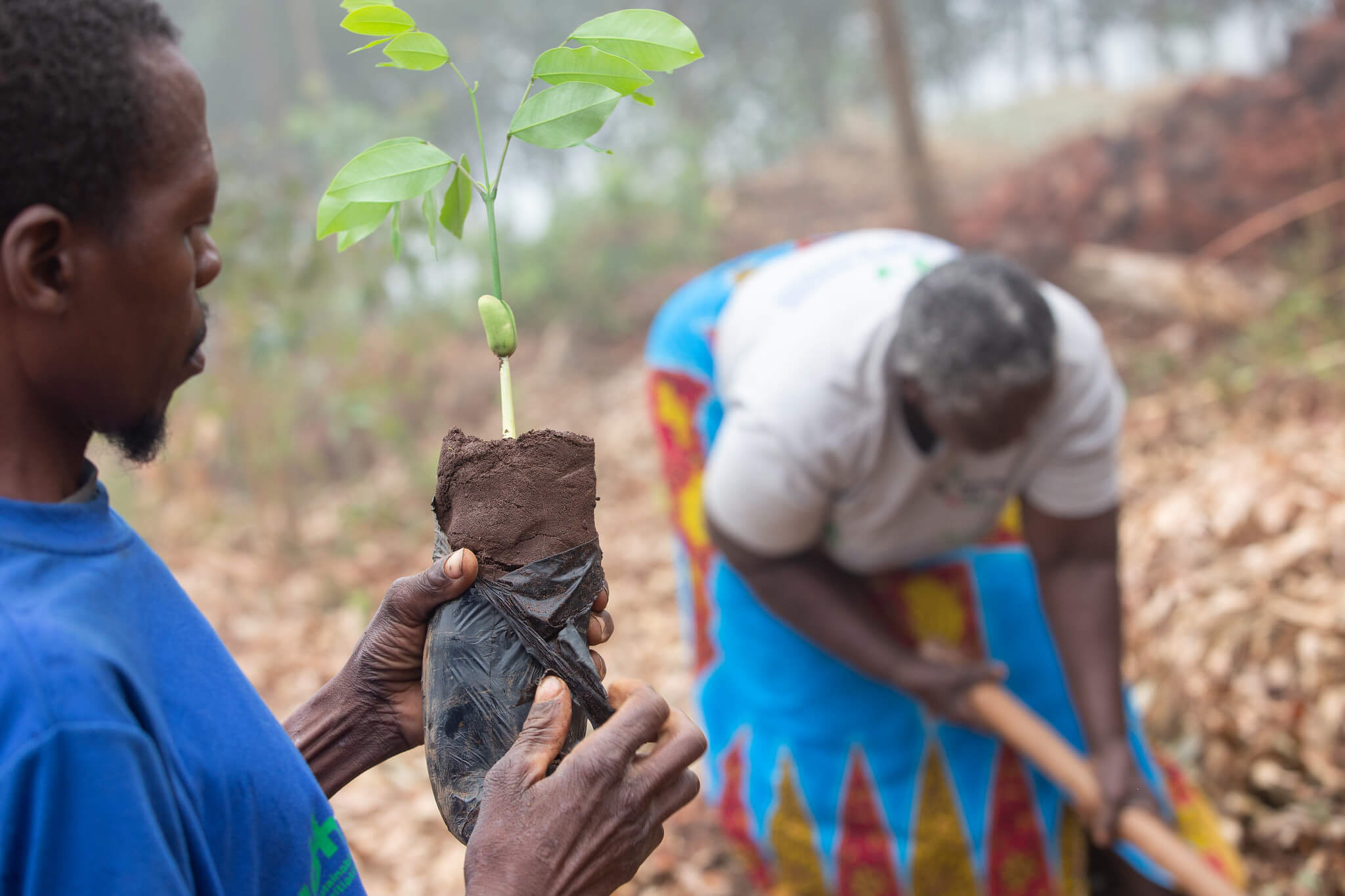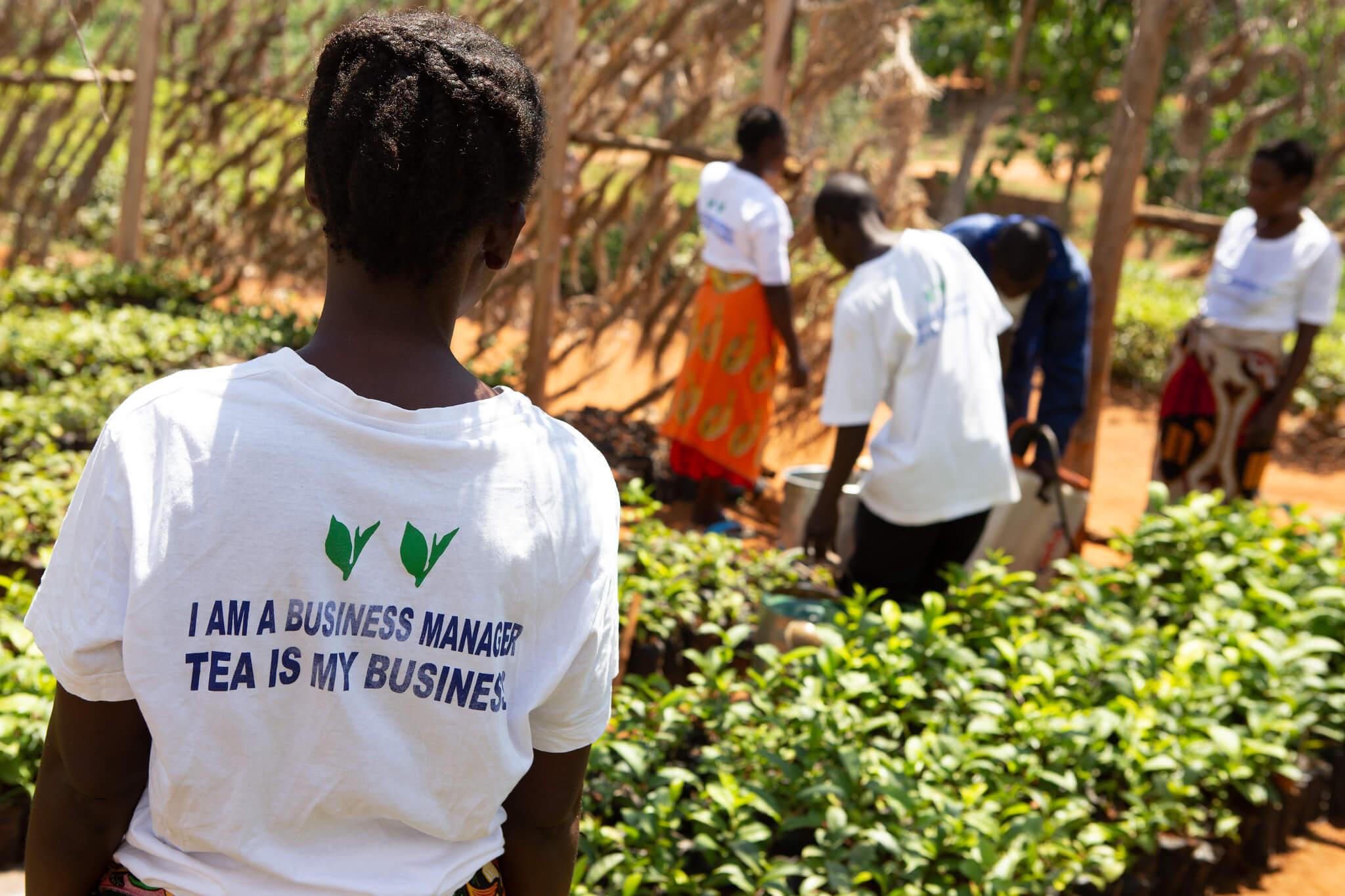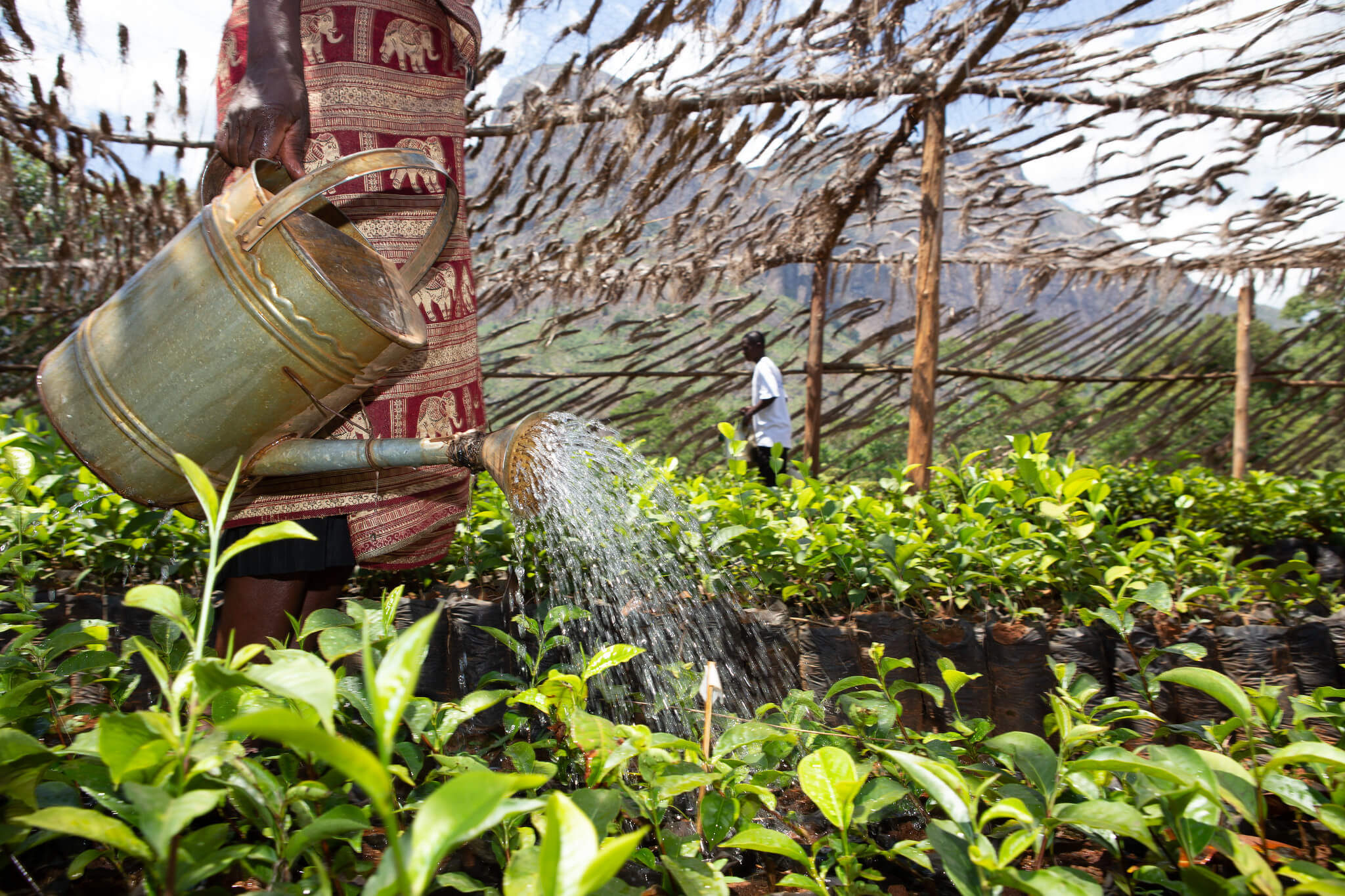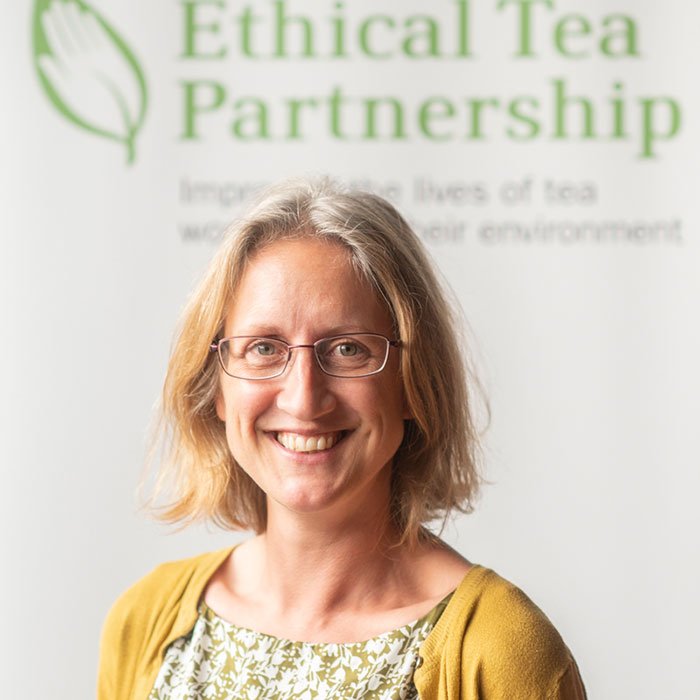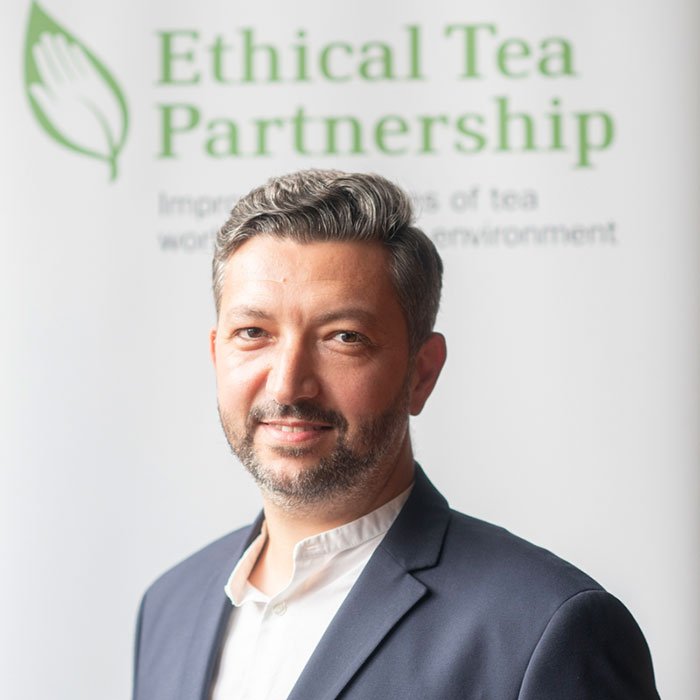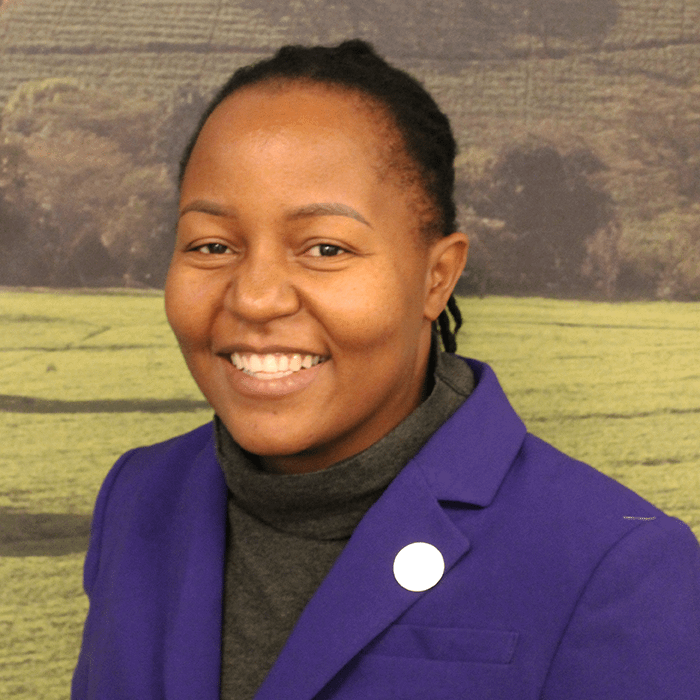- 2022-Ongoing
- Status: On-track
Project overview
Exploring the potential of payments for ecosystem services to boost incomes and address gender quality and environmental challenges at the same time.
Project partners
Foreign, Commonwealth & Development Office’s (FCDO) Work and Opportunities for Women (WOW) programme, Tata Consumer Products Ltd., and Ringtons Ltd.



